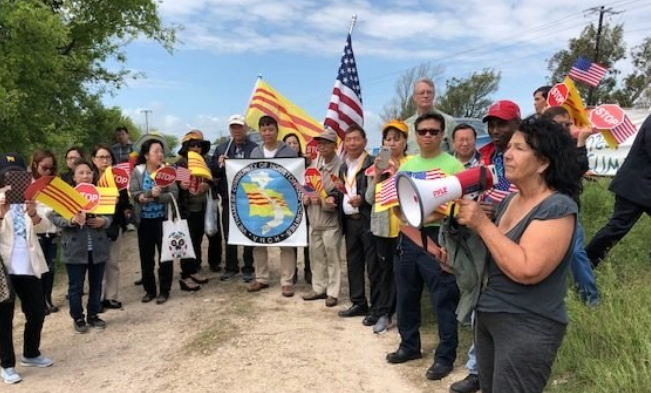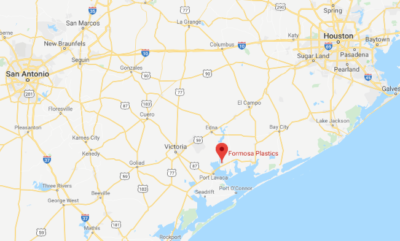Formosa Plastics Corp., a petrochemical company, has agreed to pay $50 million to settle a Texas lawsuit for Clean Water Act violations. A group of Texas residents filed the suit after the corporation's Point Comfort, Texas, plant discharged billions of plastic pellets into Lavaca Bay and Cox Creek.
It is the largest ever settlement of a Clean Water Act violation and five times the previous largest settlement of a Clean Water suit filed by private individuals.
“A settlement of this size sends a powerful message to corporate polluters – there’s a steep price to pay for flagrant, chronic violations of laws that protect our environment,” said Texas RioGrande Legal Aid Attorney Erin Gaines, who represents a plaintiff in the case. "With plastics pollution of our oceans at a crisis, the message comes at a vital time.”
None of the $50 million settlement will be awarded to the plaintiffs. The damages are to be paid out over five years into a fund that will support projects that reverse the damage of water pollution in Texas’ Calhoun County.
“Years of fighting to protect the natural resources of the Lavaca Bay-Cox Creek area have finally paid off,” said Diane Wilson, former shrimper, NF Highliner and a plaintiff in the suit, along with members of the San Antonio Bay Estuarine Waterkeeper. “We look forward to working with Formosa to restore the health of our environment and make sure it stays pristine.”
U.S. District Judge Kenneth M. Hoyt ruled for the plaintiffs after hearing the liability phase of the case and still must approve the settlement.
Funded projects include:
- $20 million for creating a cooperative that will revitalize depleted marine ecosystems and develop sustainable fishing, shrimping and oyster harvesting.
- $10 million for environmental development of Green Lake park, the second largest natural lake in Texas, into an environmentally sound public park.
- $2 million to control erosion and restore beaches at Magnolia Beach.
- $5 million for environmental research of San Antonio and Matagorda bay systems and river deltas that feed into them.
- $1 million to support the Nurdle (plastic pellet) Patrols at the University of Texas’s Mission-Aransas National Estuarine Research Reserve, and to give scholarships to allow persons throughout the gulf coast to attend Nurdle Patrol conferences. The brainchild of the reserve’s director Jace Tunnell, the Nurdle Patrols are volunteer groups that collect plastic pellets in order to document and research plastic pollution of the gulf and its shores.
- $750,000 to the YMCA for camps for children to study and learn how to be good stewards of the local marine environment.








